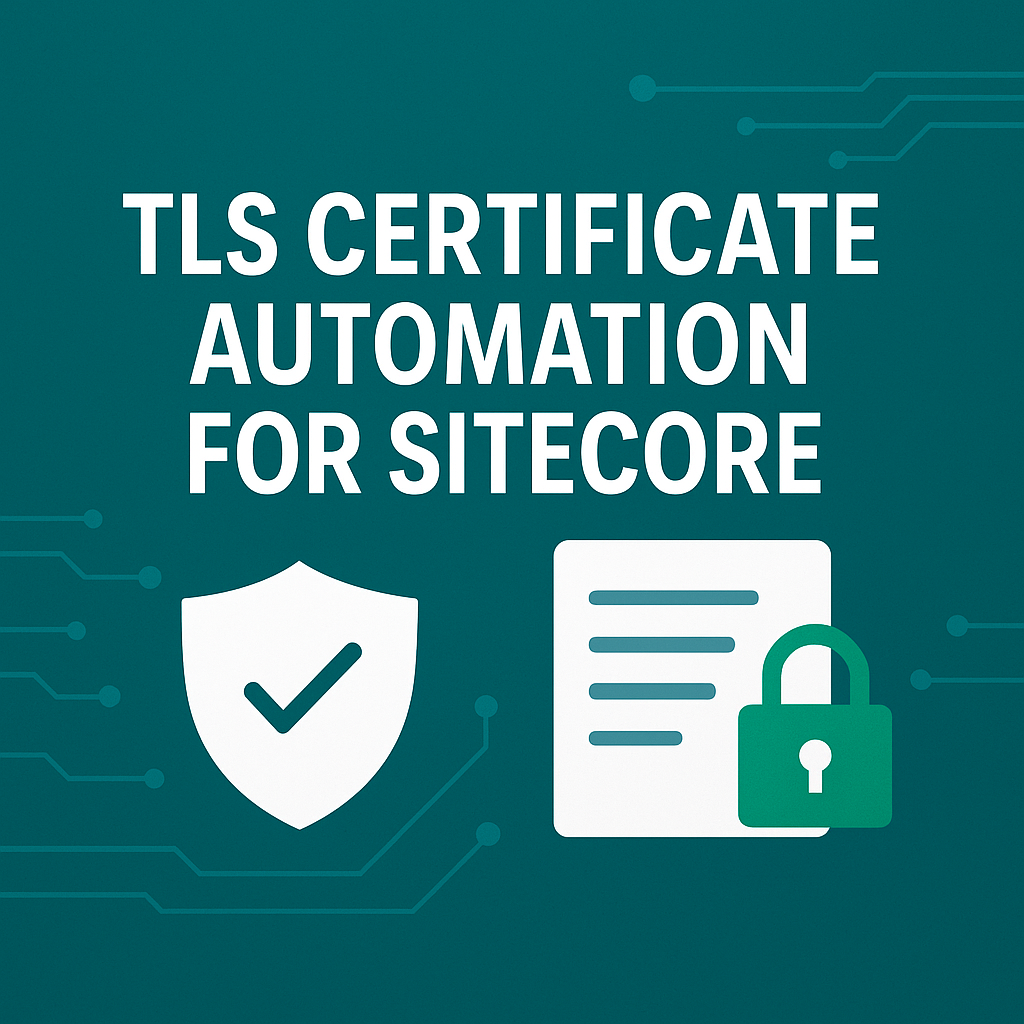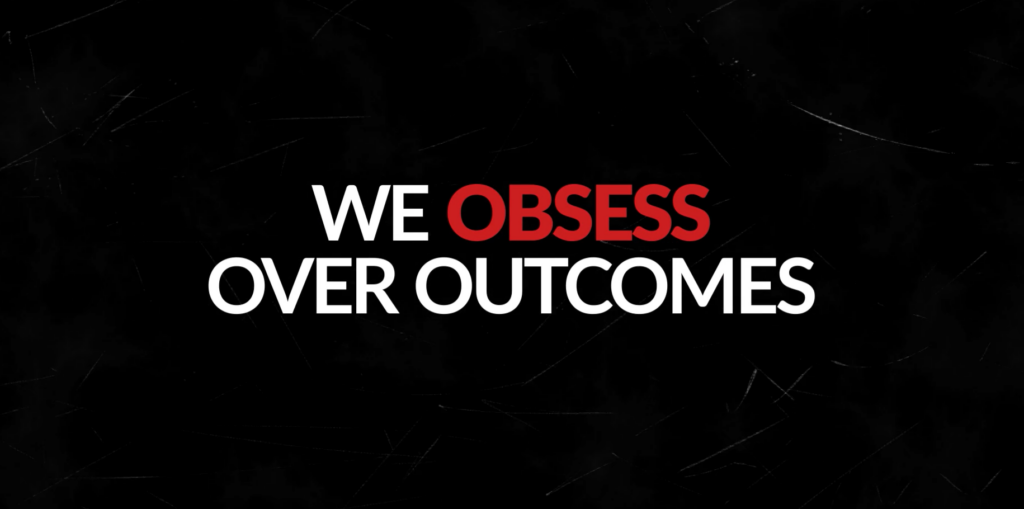Driving diversity, equity, and inclusion (DE&I) is top-of-mind for healthcare and life sciences organizations. Since the COVID-19 pandemic revealed disparity across industries, consumers are expecting organizations to play a more active role in safeguarding against health disparities and under-represented clinical trials.
According to Forrester, “By 2030, HCOs (healthcare organizations) must actively dismantle the inequities that affect marginalized communities. As the industry reckons with this inequity, HCOs must use their mission and values to guide decision-making, rather than hard ROI.” There is still much improvement to be made, but DE&I is now more firmly positioned in the healthcare landscape.
As we begin the new year, this momentum is continuing to accelerate, and our experts are dedicated to enabling our clients to implement meaningful DE&I initiatives within their companies. I recently sat down with some of our industry experts to discuss how their work in healthcare and life sciences is approaching this.
Driving DE&I With Strategy and Expertise
Healthcare organizations play a critical role in offering access to care and acting as social safety nets in their communities. They, along with life sciences organizations, are at the center of reducing health inequities. Utilizing industry and technical expertise to build inclusive care pathways is critical.
Marlana Voerster, senior healthcare strategist, shared, “Diverse voices and a focus on inclusion, prevents blind spots that leave groups behind and create more inequity. This is particularly important in healthcare. It’s hard to think of anything more important than one’s health. Creating care pathways that all people can access, regardless of their color, economic background, first language, sexual orientation, etc. can only truly be accomplished through representation and collaboration.”
READ MORE: People of Perficient: Meet Marlana Voerster, Senior Healthcare Strategist
An inclusive messaging strategy is a major factor in supporting DE&I in healthcare. Adding inclusive functionality to the user experience gives patients confidence when seeking care which, in turn, reduces health disparities. Kayla Brown, solutions architect, supports her clients in this area.
“With clients, the work we do with personas and journey maps highlights the difference between the approach to care and the consumer’s decision-making process. We must thoroughly consider how the following factors could affect the necessary language or messaging:
Level of access to healthcare
Insurance type
First language
Preferred pronouns
Sexual orientation
We also think through the user experience by providing clear and unified pathways for those who might need to consume the digital presence in a different format (e.g. keyboard alternation, language translation, screen reader, etc.).”
LEARN MORE: People of Perficient: Meet Kayla Brown, Solutions Architect
Supporting representation in healthcare benefits the overall patient experience. Providing patients with care experiences that they feel represented by leads to better health outcomes.
Iyappan Rathina, delivery director, shared, “Patients see better health outcomes when they are able to trust their provider. Research has shown that patients are more likely to trust healthcare providers where they see themselves represented. This leads to a better understanding of their health condition and, ideally, more successful treatment.”
EXPLORE NOW: Driving DE&I In Healthcare With Global Collaboration: Insights from Chennai
There has been growing awareness and concern around the historical under-representation of minority groups in clinical trials due to a small percentage of represented zip codes. The need to address diversity gaps through remote access to clinical trials has become apparent, especially since the Covid-19 pandemic.
“Traditional trials have led to a serious lack of diversity,” said Param Singh, director of clinical operations solutions. “The solution is to allow socio-economically and geographically diverse patients to participate in clinical trials independent of their location via a modular and flexible bring-your-own-device solution.”
READ NOW: People of Perficient: Meet Param Singh, Director of Clinical Operations Solutions
Healthcare & Life Sciences Leaders Turn to Us
Our healthcare practice is comprised of experts who understand the unique challenges facing the industry. The 10 largest health systems and 10 largest health insurers in the U.S. have counted on us to support their end-to-end digital success. Modern Healthcare has also recognized us as the fourth largest healthcare IT consulting firm.
We bring pragmatic, strategically-grounded know-how to our clients’ initiatives. And our work gets attention – not only by industry groups that recognize and award our work but also by top technology partners that know our teams will reliably deliver complex, game-changing implementations. Most importantly, our clients demonstrate their trust in us by partnering with us again and again. We are incredibly proud of our 90% repeat business rate because it represents the trust and collaborative culture that we work so hard to build every day within our teams and with every client.
With more than 20 years of experience in the healthcare industry, Perficient is a trusted, end-to-end, global digital consultancy.
It’s no secret our success is because of our people. No matter the technology or time zone, our colleagues are committed to delivering innovative, end-to-end digital solutions for the world’s biggest brands, and we bring a collaborative spirit to every interaction. We’re always seeking the best and brightest to work with us. Join our team and experience a culture that challenges, champions, and celebrates our people.
Learn more about what it’s like to work at Perficient at our Careers page. See open jobs or join our talent community for career tips, job openings, company updates, and more!
Go inside Life at Perficient and connect with us on LinkedIn, YouTube, Twitter, Facebook, and Instagram.





Leave A Comment